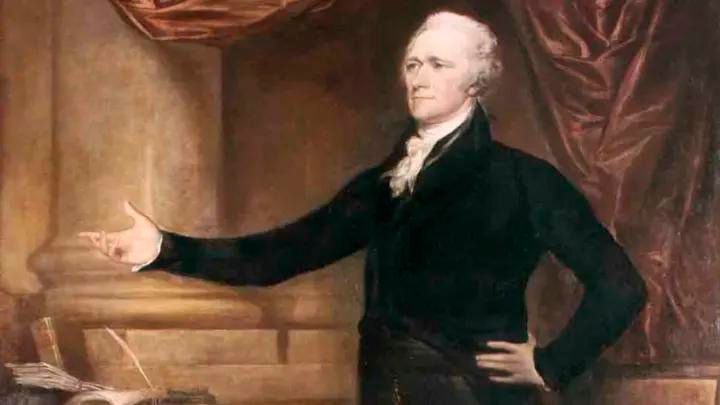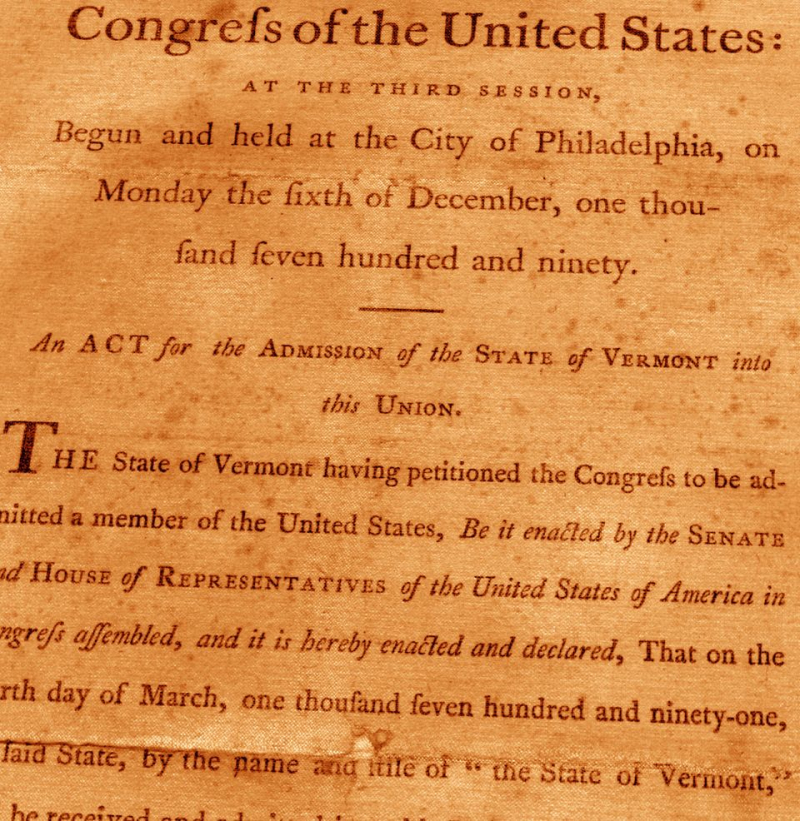Alexander Hamilton supported Vermont’s statehood
Before the American Revolution, both New York and New Hampshire attempted to claim the territory that would become the state of Vermont, but King George III ruled in 1764 that everything west of the Connecticut River (now the border between Vermont and New Hampshire) belonged to New York.
However, there remained one issue: the majority of Vermonters were formerly New Hampshire residents. When it took over, New York refused to recognize the legitimacy of land gifts made thereby emigrants from New Hampshire. In retaliation, Vermonters started fighting their western neighbors. Force was used by local militias, such as the Green Mountain Boys, to drive out immigrants from New York.
Some New York businessmen felt Vermont should have been a part of their state, so when Vermont proclaimed its independence as a state in 1777, they were furious. v Vermont requested recognition of its statehood from the Continental Congress in 1777, during the American Revolution. But this didn't happen because of the representatives from New York objections. For the following 14 years, Vermont operated as a sovereign republic because it was unable to join the Union under its rules. Congress refused to recognize the territory as anything other than a sizable portion of New York after the war. Some incredibly irate residents petitioned to have their tiny nation absorbed by Canada.
Hamilton believed that the possibility of a British-ruled Vermont was a threat to American security. Hamilton introduced a bill in 1787 while serving as a New York state legislator, instructing New York's congressional members to acknowledge Vermont's independence. Even though this bill was defeated in the state senate, Hamilton was ultimately successful in negotiating a settlement between New York and Vermont. In 1791, Vermont ultimately became a member of the Union with the assent of New York (and payment from Vermont of $30,000.












